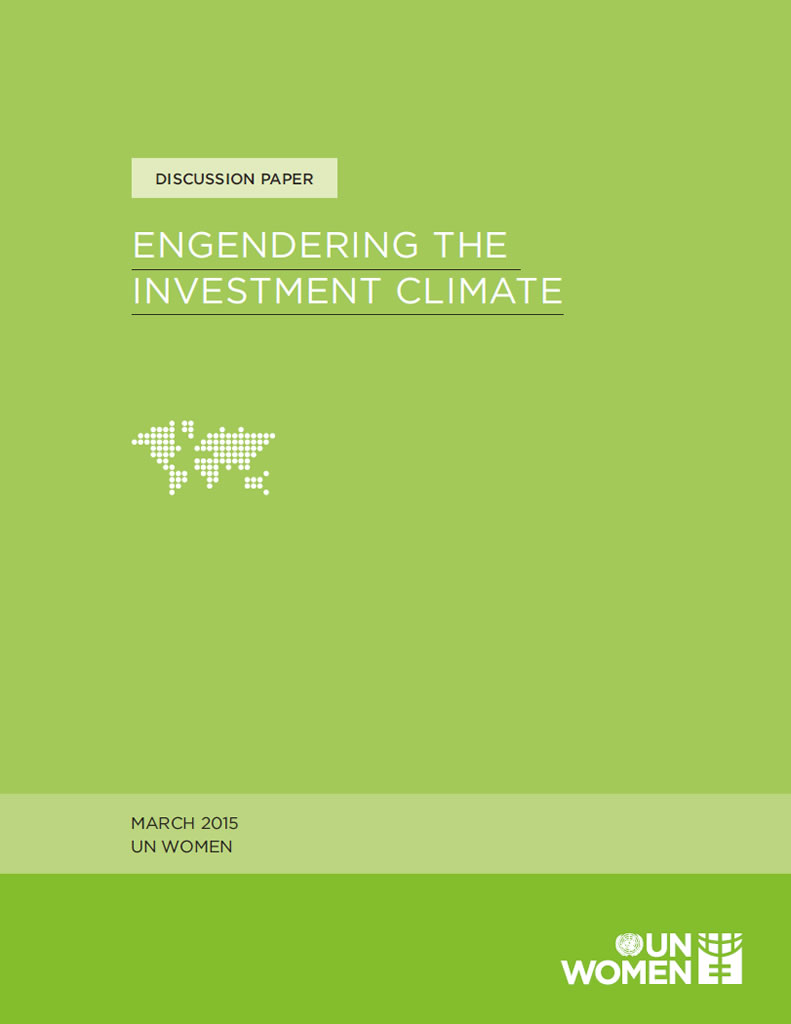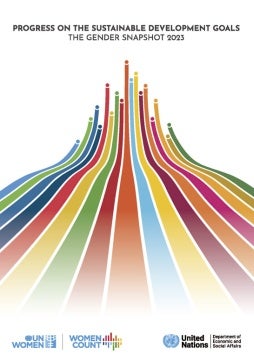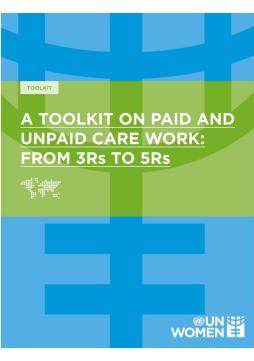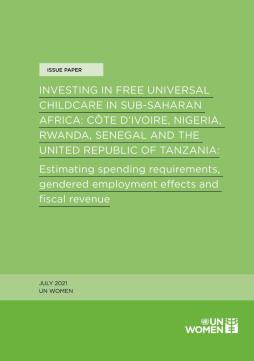Engendering the investment climate
Achieving the Sustainable Development Goals (SDGs) will require high levels of productive private and public sector investment, which in turn requires a suitable investment climate. This paper provides a gender analysis of the investment climate that uses capability theory to understand the economic dimensions of unpaid care work and how these can improve or constrain the investment climate, demonstrating that gender relations and the distribution of unpaid care work affect and are affected by the investment climate.
The paper argues that, in terms of policy, it can be argued that reducing gender-based violence, facilitating female human capital formation, investing in technological and physical infrastructure and improving female financial inclusion can improve the investment climate in ways that also facilitate improvements in gender equality.
At the same time, strengthening the gender-responsiveness of formal institutions and governance structures, microeconomic policies and macroeconomic conditions can also improve the investment climate in ways that promote gender equality. In particular, policies that reduce the unpaid care work performed by women, while at the same time increasing the efficiency by which that unpaid care work is carried out, along with policies that redress labour market segregation based on gender pay gaps and enhance female entrepreneurship, can have the effect of improving the investment climate.
Thus, a gender-equitable investment climate must recognize the role of unpaid care work in economic dynamics, so that it can be reduced, redistributed and performed with greater social efficiency.









